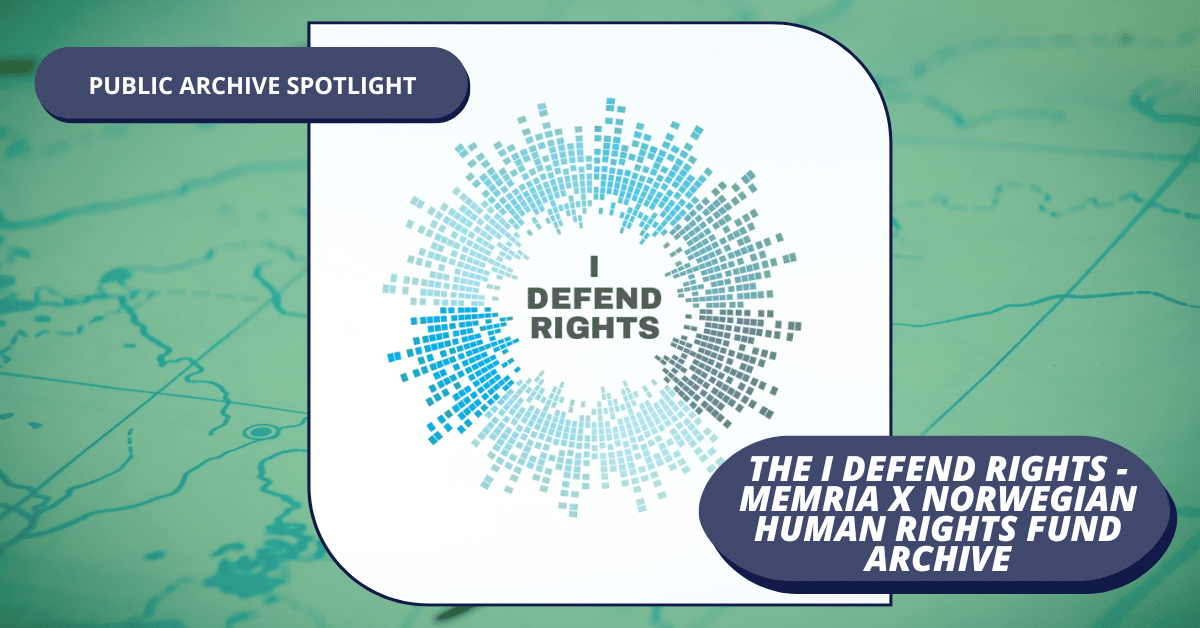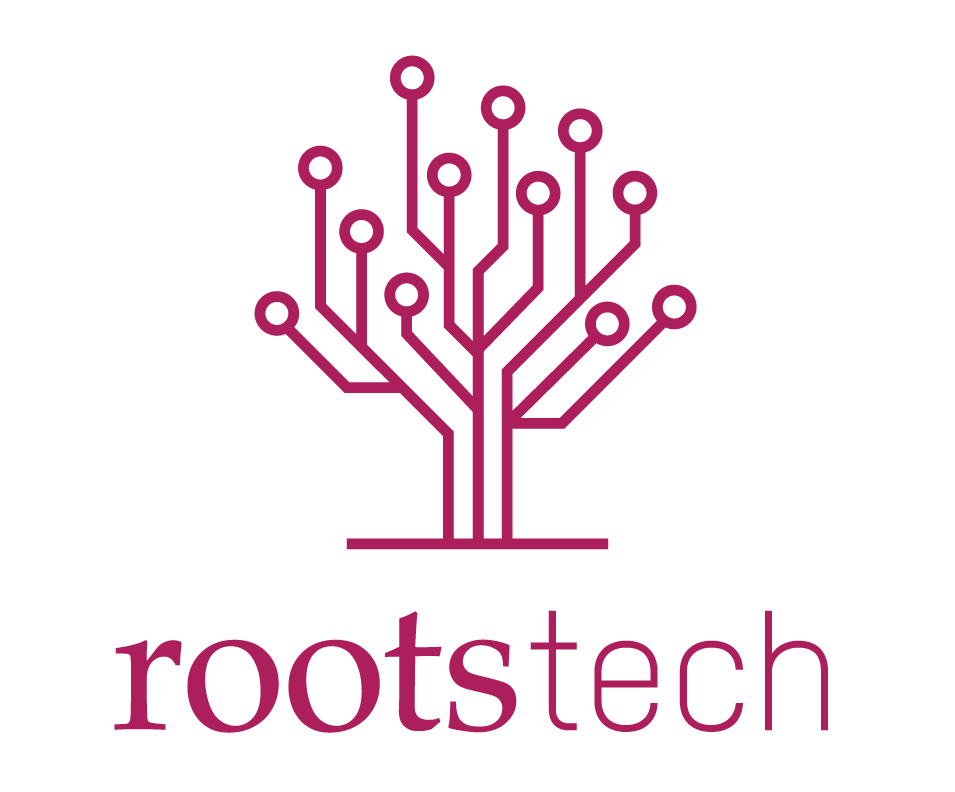
All people have a legacy that deserves to be preserved. In other words, we believe it is an essential human right to be able to preserve your legacy. A single story from someone who cares can inspire others to leave the world a better place. One such example of this is the “The I Defend Rights – Memria x Norwegian Human Rights Fund Archive” in our public gallery. Leveraging oral histories recorded on Memria.org, the Norwegian Human Rights Fund’s archive on Permanent acts as a place to store the stories and testimonies of those involved in making the world a better place through their defense of human rights.
According to their website, the fund “works to protect and promote human rights internationally through direct support to organisations working in the first line of defence for human rights.” Within these organizations, individuals work tirelessly to defend and protect the rights of others around the world. We get to hear directly from these individuals on their Permanent archive, with audio interviews that detail their passion, struggles, and hopes that are involved with the fight for human rights.
We’d like to spotlight three stories selected by the archive’s owner, Louis Bickford, the founder and CEO of MEMRIA. Like the people in the archive, Bickford has also worked to protect international human rights for over 20 years. These three stories come from defenders across the globe working to make change in Catalonia, Jamaica, and Palestine.
Anaïs Franquesa Griso: Criminal lawyer fighting institutional violence and the right to civic protest in Catalonia
Our first story comes from Anaïs Franquesa Griso, a criminal lawyer who is “fighting institutional violence and the right to civic protest in Catalonia.” She believes in defending the rights of others because she feels it is “the only way of changing society” and making it better for herself, her community, and the world at large. Griso explained that the work she and other defenders do makes them susceptible to burnout. When faced with the constant struggle against injustice, Griso notes that it is important for human rights defenders like herself to take time for themselves so that they can show up and “make as much impact as [they] can.” Ultimately, Griso found her way into her work after being inspired by the power of collectivity. Alone, it can seem impossible to make change, but together, anything is possible. On this Griso said, “We can do incredible things if we are ready, if we are intelligent, and [if] we just want it. Sometimes we forget this and we assume the discourse of power, that we cannot change things… But when we really think and have hope and we believe in ourselves…then we can just really work together.” To learn more about Griso’s work, visit her archive folder here.
Latoya Nugent: When Women Human Rights Defenders (WHRDs) practice self-care, we can change the world
Our second story comes from Latoya Nugent who at the time of her interview was a Women Human Rights Defenders (WHRDs) in Jamaica. Nugent got into the work because she recognizes “that it is very easy for systems of oppression to deny us our dignity. And given [her] own personal experiences as a lesbian living in a country that is not always the most welcoming to lesbians, gays, bisexual people, of trans experience, and women, [she] realized that [she] had to become one of the voice that would speak a little louder and act a little braver to ensure that there is more inclusivity in the recognition of our rights as citizens of Jamaica.”
Though no longer in Jamaica, Nugent extends her work today as the head of engagement at the Rainbow Railroad, a non-profit organization dedicated to helping at-risk LGBTQI+ people get to safety worldwide. Like Griso, Nugent acknowledges the importance of self-care in order to engage fully in her work without experiencing burnout. Nugent said, “we are so locked into and focused on ensuring that everyone in our communities, in our countries, and even in our region and across the world are being treated with the dignity that they deserve. We forget our own selves.” To this point, Nugent explained just how critical it is to take care of yourself so that you can take care of others, despite the feelings of selfishness that may crop up. Nugent explained this complexity of taking care of yourself by saying, “But it is very challenging because it can feel like selfishness…how dare you spend time taking care of yourself when there are so many people around you who will need your support, who need your voice, and who needs your activism, and who may perhaps don’t have the resources or the skillset to do what is required for them to defend their own rights.” Overall, Nugent also believes in the immense power of a collective, particularly that of a sisterhood, to create change in her communities. You can learn more about Nugent’s story here.
Mahmoud Al Afranji: Human Rights Defender Under a Complicated Situation
Lastly, we’d like to share the story of Mahmoud Al Afranji who works as a human rights activist and defender in Palestine. Though he notes the complicated situations that affect the people he wishes to defend, he believes that “human rights values belong to everyone, everywhere, as a human, [and one] must have his own dignity.” Despite the difficulties, Al Afranji continues his work to ensure that Palestinians have “the right to live in peace in their own democratic state to gain their own self-determination.” In describing what human rights means to him, he explained that rather than being about standards in international law, to him it’s a kind of thought and culture to both believe in and implement in daily life. You can learn more about Al Afranji’s story here.
We hope these stories help you feel inspired to both explore the rest of the stories in their archive or to think of ways you can support the rights of others in your own community. Remember, it helps to have a collective to make a difference, but even a single story can change the world. Thank you to Louis Bickford at MEMRIA for sharing these stories with us.

